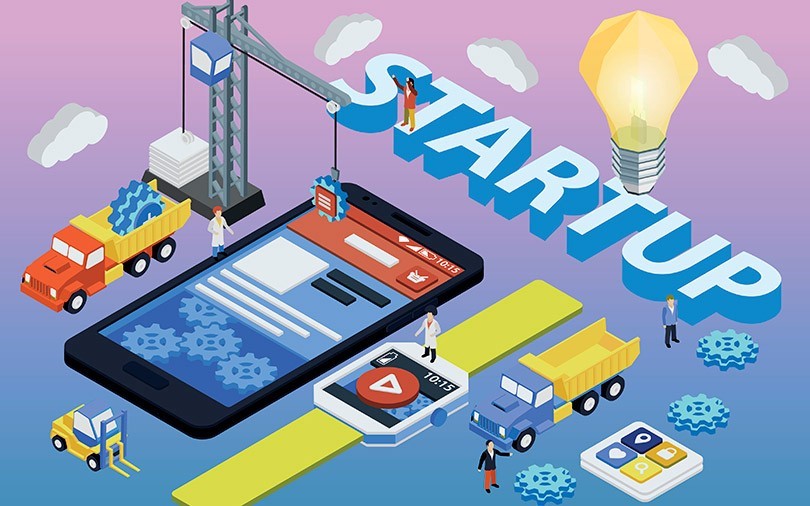


The presence of startup companies in Indonesia is growing rapidly. In fact, very fast. This is because the startup business, which is based on digital technology, has its own charm among young people. This business is very different from conventional industries which have monotonous work routines and culture (klikdaily.com). The demographic bonus that occurred in Indonesia in 2030 must be interpreted as a golden opportunity to make this country's economy more advanced. One of them is through innovation by utilizing digital technology. This opportunity does not come twice, because in 2045 this demographic bonus will be completed.
Does the rapid development of a startup business indicate how easy it is to launch a startup company? Not necessarily. Many examples prove that preparing to launch a startup can take months, or even years. A lot of time should be invested in interviewing potential customers, building prototypes, gathering and implementing feedback, running pre-launch campaigns, meeting potential investors, and much more. Another important factor that is no less important is paying attention to momentum. Make sure the startup you launch provides a solution at the right time (dailysocial.id).
Let's learn from Gojek's journey.
In 2010-2011, Gojek was built with a simple solution, namely using a call center. The solution is not scalable, because the more customers need it, the more "middlemen" there are to take care of the work given.
In 2015, the momentum came. The maturity of mobile applications and GPS technology, which is marked by Uber's entry into Indonesia, is the biggest momentum for Gojek. They no longer need a call center to take care of all the work. Startup spirit, mobile apps and GPS solve this problem.
Gojek continues to diversify its services rapidly. Not only delivering people, Gojek has now developed into an on-demand service for everything, including ordering ready-to-eat food, delivering food raw materials, delivering medicine, and delivering various goods and others.
Then, what momentum is shining right now?
The Covid-19 pandemic, which has accelerated the development of online shopping behavior in Indonesia, has contributed to the growth of e-commerce. Initially, the value of the Indonesian e-commerce market was predicted to reach US$14 billion (or around Rp197 trillion) with an average growth of 31% in 2020. However, the pandemic forced 55% of Indonesia's population to switch to online shopping.
This in the end also has an impact on the logistics and financial technology (fintech) sector which supports the success of the domestic e-commerce industry. Logistics and transportation also developed with the largest absorption of funds in Indonesia, reaching US$3.2 billion (Rp45 trillion) or around 48.4% of the total funding received by all startups (id.techinasia.com). (Ruhmaya Nida Wathoni. Illustration: medium.com)